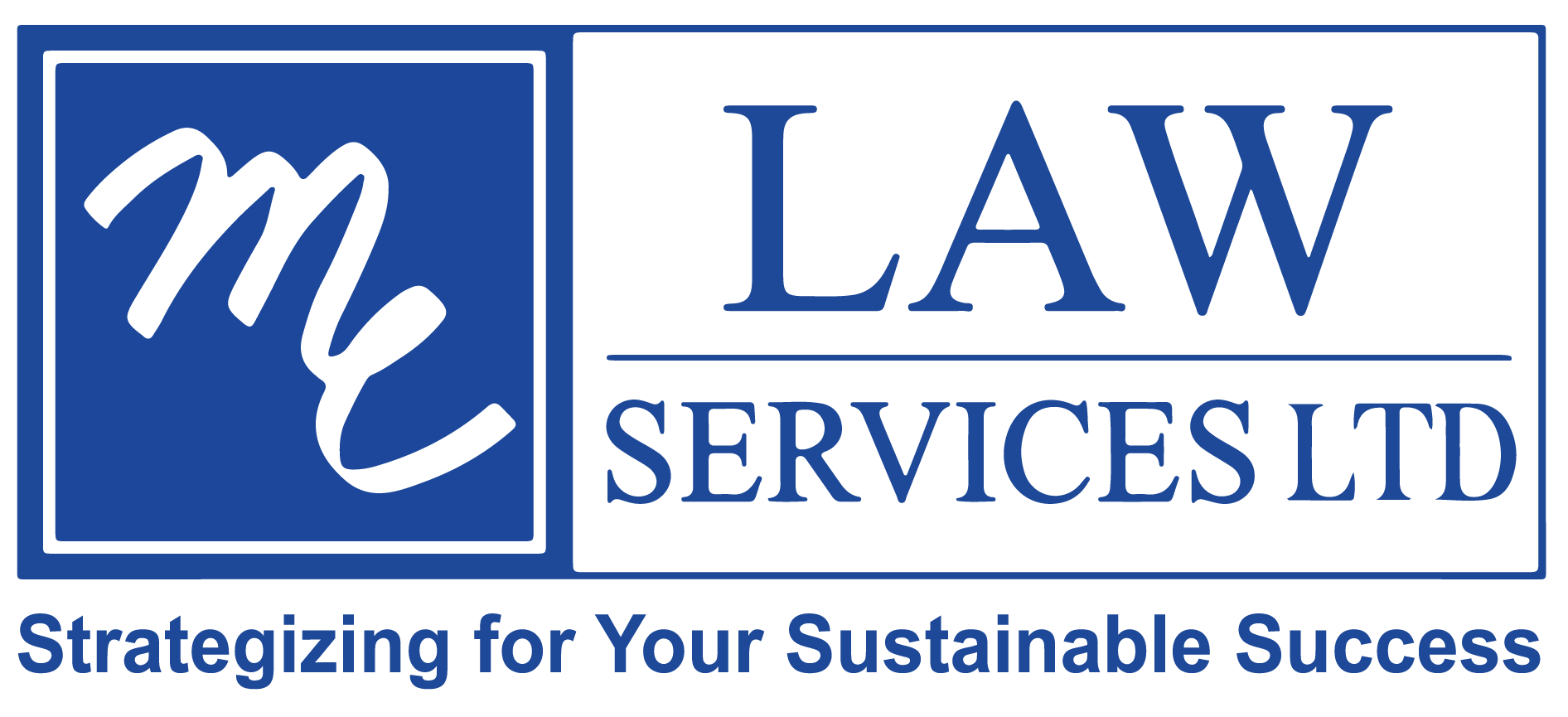 Ship collisions are the name given to the actual effect that happens between two ships that results ship accidents[1]. Among the most catastrophic accidents that can happen at sea is a collision of two ships. We’ve seen it in the news on numerous occasions, and the outcomes are depressing. The ship collision hazard is tended by various governing principles that incorporate regulatory standards, classification society standards or rules, industry standards, for example, American Petroleum Institute (API) and International Organization for Standardization (ISO), and corporate principles., IMO Maritime Safety Committee (2013) set up a methodology for Formal Safety Assessment (FSA) as a proactive way to deal with assess hazard related with various risks. The FSA strategy should be applied along with some danger acknowledgment rules.[2].
Ship collisions are the name given to the actual effect that happens between two ships that results ship accidents[1]. Among the most catastrophic accidents that can happen at sea is a collision of two ships. We’ve seen it in the news on numerous occasions, and the outcomes are depressing. The ship collision hazard is tended by various governing principles that incorporate regulatory standards, classification society standards or rules, industry standards, for example, American Petroleum Institute (API) and International Organization for Standardization (ISO), and corporate principles., IMO Maritime Safety Committee (2013) set up a methodology for Formal Safety Assessment (FSA) as a proactive way to deal with assess hazard related with various risks. The FSA strategy should be applied along with some danger acknowledgment rules.[2].The conditions that lead to these accidents vary generally, however there are a few distinct kinds of sea collisions that normally happen.[3]
These are
Side collision: This is the point at which one vessel is struck on its side by another vessel. It is basically a similar head as a T-bone sort car accident
Bow-on collision: This happens when two vessels strike each from their front finishes, or head on.
Harsh collision: This kind of impact is one vessel running into the back of another.
Allision: This crash includes one vessel striking a fixed object, for example, a seawall, and so on[4] The factors that contribute to ship collisions are going to be discussed below:
Absence of Proper Training
Numerous accidents happen on the grounds that a sailor or a marine officer doesn’t respond rapidly or appropriately in an emergency circumstance, for example, a collision with another vessel or an unexpected shipboard fire.[5]
Human Error
As indicated by the Mariners Alerting and Reporting Scheme (MARS), human error represents most of sea accidents. Human error normally happens because of inappropriate training as well as absence of training.[6] There are reasons of human errors that led to sea accidents these are: Extended periods of time, lack of sleep prompting tiredness long voyages, expanded time at sea, unwise behavior,
including drugs and liquor, poor decision making and stress of job Duties[7]
Equipment failure
Many sea accidents occurred by motor breakdowns, issues with electronic frameworks, and different kinds of hardware failure. Some of the equipment failure is a consequence of natural phenomena, for example, unpleasant climate or hefty oceans.[8]
Foundation issues
If there is something onto dry land is out of position, for example, Draw Bridge falling prematurely it can cause collisions. This is the most uncommon reason for maritime accidents, however it happens.[9]
There are more common causes of ship collisions these are: insufficient watch-keeping, lack of situational mindfulness, failure to set needs – absence of positive activity, failure to communicate (officer/master/pilot),lack of confidence – inability to confront inaccurate decisions(officer/master/pilot),failure to follow standard strategies and international regulations, failure to use accessible information and resources.[10]
It will not be possible to avoid from every single maritime accidents, however the recurrence of collisions and their consequences can be decreased if officers of the watch are given the essential help to perform their obligations and commitments with most extreme, care and applying appropriate skilled abilities and seamanship.
References
[1] Mohit Mohit Kaushik, ‘What Is Ship Collision?’ (Marine Insight, 2019) <https://www.marineinsight.com/maritime-law/what-is-collision-of-a-ship/> accessed 30 December 2020.
[2] Retrieved from https://www.sciencedirect.com/topics/engineering/ship-collision
[3] https://www.smslegal.com/legal-news/types-of-maritime-collisions-and-their-causes/
[4] Ibid
[5] ‘Top Reasons For Maritime Accidents – Maritime Injury Guide’ (Maritime Injury Guide, 2014)
<https://www.maritimeinjuryguide.org/blog/top-reasons-maritime-accidents/> accessed 30 December 2020.
[6] Ibid
[7] Retrieved from
https://www.carabinshaw.com/primary-causes-of-maritime-accidents.html
[8] Ibid
[9] N-1
[10] ‘Collisions – Why Do They Occur? – GARD’ (Gard.no, 2004) <http://www.gard.no/web/updates/content/52482/collisions-why-do-they-occur> accessed 30 December 2020.

